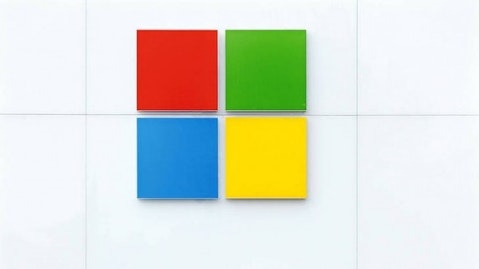Doing business in China: Microsoft Corporation (NASDAQ:MSFT) and the Chinese TV company BesTV New Media Co. announced that they will be setting up a joint venture to develop “family games and related services.” The planned investment sums up to $237 million, and the firm will have a registered capital of $79 million. Shanghai Media Group’s BesTV will have a 51% stake and Microsoft will have a 49% stake. A statement posted on the Shanghai Stock Exchange’s website late Monday said that the new company’s board chairman will be chosen by BesTV and the chief executive officer by Microsoft.

The specific details of this project were not yet disclosed, but speculation points towards BesTV developing family games for the Microsoft Xbox console.
Despite the fact that gaming consoles are banned in China since the year 2000, they have become quite widespread through unauthorized outlets. Nevertheless, the popularity of game consoles is still limited in the country, as most users seem to prefer to play on legal platforms such as computers and smartphones.
The venture´s bet is not placed on these unofficial channels, however. Instead, Microsoft and BesTV are betting on the relaxation on these restrictions, which is expected to arrive next month (at least for the Shanghai Free Trade Zone). Expectations have been building up since the start of the year, when a person with the Ministry of Culture told China Daily that the ministry was “reviewing the policy” of banning consoles.
The joint venture could be seen as part of a trend at Microsoft. The company has recurred to partnerships to impulse its interests in China before. One of the best examples can be found in the agreement with 21Vianet Group Inc., the country´s largest private data-center operator. The deal stipulates that the Chinese firm will offer cloud versions of Microsoft´s most popular software products: Office 365 and Windows Azure. “Since the software is run as a service off of servers, rather than purchased on a compact disc, the company can charge state-owned enterprises and government agencies—which are widely reported to use a high number of unlicensed versions of the software—on a subscription basis, eliminating much of the potential for piracy” (WSJ).
Check back here for more updates on Microsoft doing business in China.
Disclosure: Javier Hasse holds no position in any stocks mentioned
Recommended Reading:
Microsoft YouthSpark Initiative Celebrates Big Anniversary
Microsoft Surface Tablet Sales: Will We See Improvement?
Surface 2 Tablet Launch: Microsoft Reinforces Its Bet on Devices & Services





